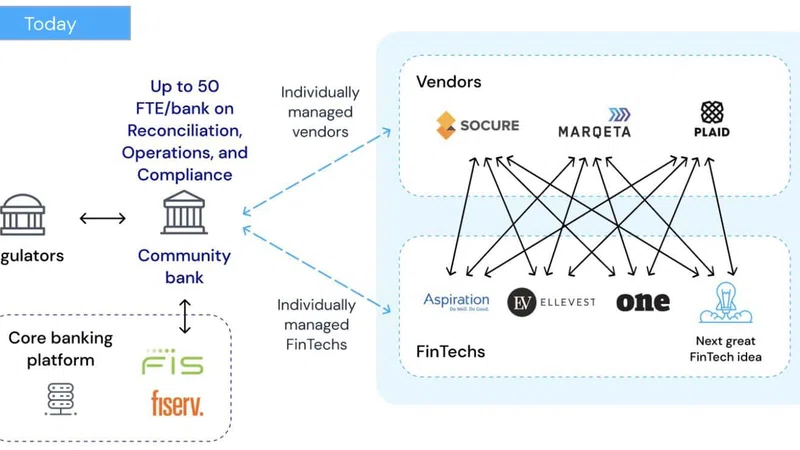The advances in the implementation of financial technology (fintech) within financial services took a significant change in direction during the last year and a half. Areas that were deemed the greatest opportunities, from the perspective of advances and financial investment, suddenly became less of a priority; Artificial Intelligence (AI), with all the potential to revolutionize so much suddenly appeared less significant and important. Other areas that have been part of our daily business dealings and integrated in our everyday lives suddenly become the priority; mobile and digital services, for example, rose from mid-table rankings as an opportunity and investment priority to the top.
Why? COVID-19. Resilience and business continuity in the face of drastic change, the extent of which had not been experienced in most people’s lifetimes, meant that financial services had to use all and any practical means at their disposal to provide financial services to their customers. Advanced analytics and AI, as great as their potential implied, were only as good as the automation that they offered customers around the world, who found themselves tied to their homes for large parts of the year. Digitalization and mobile banking, on the other hand, were essential to business as usual, and all resources were ploughed in to ensure these were operational, and safe.
To view the summary of Fintech Leaders from earlier this year, and to download the full report, click here.
In the Spring and Summer of 2020, with the uncertainty ahead, many wondered how to operate, let alone what the future had to offer. There were examples that with so much remote working from home, there were not enough laptops for staff to use, or that Windows operating systems were not set up. The basics of turning a computer on become a challenge in itself! The world has moved on, many looking to a life beyond COVID-19, at the very least how financial services operate under a ‘new normal’.
So, where next for what has seemingly been the never-ending rise and implementation of financial technology in financial services? What can the Fintech Leaders survey and report, due to be published in November, reveal about the changing status of the industry? What will the immediate opportunities be? Where will the investment priorities be for financial institutions? How will incumbents and start-ups collaborate and conflict in an ever-competitive environment? Will the benefits, and obstacles, change with the evolution of COVID-19 in 2022 and beyond?
Let us focus on a couple of potential hotspots in the survey: cryptocurrencies have made the headlines recently, with dramatic price volatility and social media activity. What about central bank digital currencies? What role would these play as cryptocurrencies? What would the impact be on the private cryptocurrencies when nations, backed by tax-payers money, start to move into full circulation? Is there a scenario where the two can co-exist, and if so, how would this work? Are national backed digital currencies inevitable in the next 3 to 5 years? If so, what would be the international impact on trading and finance of preferred national currencies, such as the US Dollar?
In addition, AI has often been ranked as both a key opportunity and investment priority, until COVID-19 knocked it down a few steps in the pecking order. With the return to some ‘normality’, what opportunity will respondents attach to AI? Will AI still attract the same investment levels, and priorities, as before? How will the practical and applicable areas of AI have evolved? So much of AI is ‘automation’ rebranded as AI, will financial services advance as much as other sectors, such as healthcare? The potential is real and visible in so many other industry sectors, though for financial services when will super computers come into force to realize the full potential? Quantum computing and other tech advances are but one challenge. What about the role of big tech and ethics? AI bias has been identified as a challenge, with an increase in public scrutiny and an alphabet of international regulators examining the challenges, as they are with private cryptocurrencies. Regulation and oversight seem almost inevitable, though will this more clearly define parameters, allowing for even more rapid growth and expansion?
The Center for Financial Professionals, CeFPro, is an international media and events organization focusing on financial risk, regulation, and innovation in the industry. CeFPro’s Fintech Leaders is an annual survey and report assessing the status of the industry, exploring the key opportunities, investment priorities, main benefits, and challenges, as well as a supplier-side ranking of over 30 categories. The final report is compiled through end-user responses of the survey, though overseen by CeFPro’s team of analysts and industry professionals and backed by an international Advisory Board of more than 50 industry professionals from a range of financial institutions, academia, regulators, and other notable professionals.
To view more on Fintech Leaders, including downloading the last report, please visit www.fintech-leaders.com
To view CeFPro’s activities, including magazine, newsletter, webinars, events and more, visit www.cefpro.com
To participate in the latest Fintech Leaders survey, adding your voice to the 100s of responses and receiving an advance copy of the final report when published, visit https://www.research.net/r/ZY65DF3













